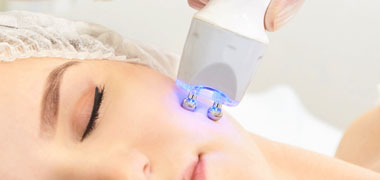
This role has a moderate level of AI exposure. AI can enhance efficiency for some tasks, but this job still relies on human skills and decision-making.
Explore all careersA Medical Scientist performs lab research and diagnostic tests to aid in disease diagnosis and treatment, collaborating with healthcare professionals.
Get qualified to work as a Medical Scientist with a course recognised across Australia. Speak to a training provider to learn more.








Browse occupations related to Medical Scientist



Considering a career in the dynamic field of healthcare? The Blue Mountains region offers a range of Medical Scientist courses in the Blue Mountains to help you become a skilled professional equipped for this challenging yet rewarding industry. With the demand for qualified medical scientists rising, pursuing qualifications such as the Bachelor of Medical Science or the Bachelor of Biomedical Science can set you on a path towards a meaningful career.
Local training providers like Western Sydney University and The University of Notre Dame Australia deliver high-quality education in medical science. These institutions offer advanced courses such as the Bachelor of Science (Honours) in Biochemistry and Molecular Biology. With multiple course options, learners can find a pathway that fits their prior experience and career aspirations, allowing them to thrive in varying roles within the healthcare sector.
The field of medical science is intricately linked to various specialisations, including Pathology and Medicine. Students pursuing Bachelor of Science (Honours) in Pathology not only acquire essential skills but also gain insight into related job roles like Pathology Assistants and Laboratory Technicians. These careers contribute significantly to the health care system by ensuring accurate results that are pivotal in patient care.
Students in the Blue Mountains can explore exciting job opportunities beyond their studies. Working as a Medical Laboratory Scientist or pursuing roles such as Clinical Scientist allows for growth and stability in your career. With a strong foundation in medical science, you may even venture into promising fields such as General Practice or specialised areas like Dermatology.
The availability of Clinical Research Coordinator and Medical Technologist roles illustrates the diverse career avenues that stem from Medical Scientist courses in the Blue Mountains. By investing in your education at reputable local institutions, you can cultivate the skills and knowledge necessary to contribute to innovative healthcare solutions in your community and beyond. Consider embarking on this journey today to explore the vast possibilities in medical science.